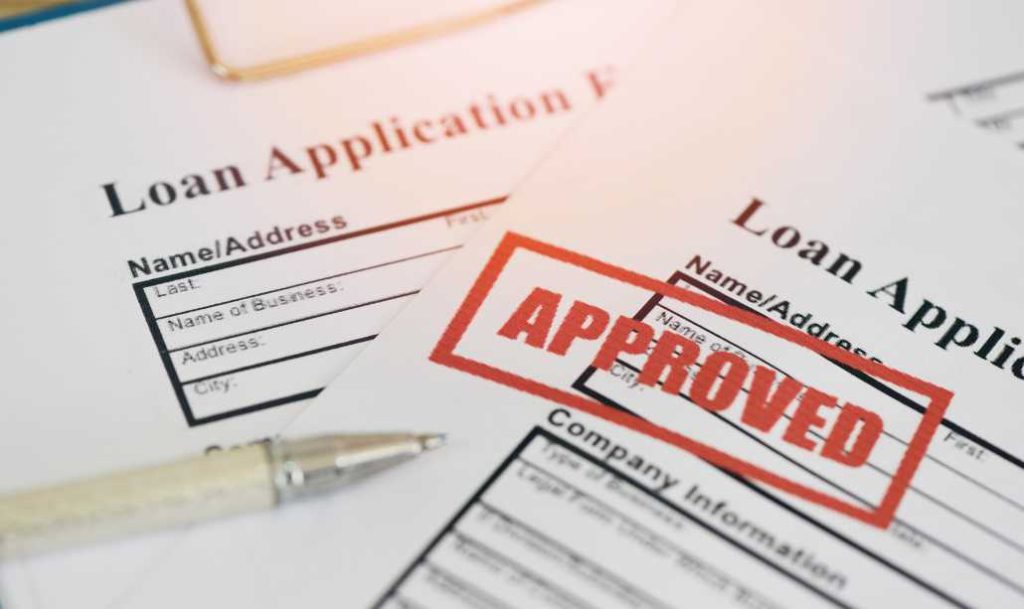What is a Bridge Loan? Bridge loans are short-term financing options used to “bridge” the gap between the sale of an old property and the purchase of a new one. They’re crucial in real estate, providing quick funds when timing is tight.
Understanding 90 LTV Bridge Loans
Definition of LTV (Loan-to-Value):
LTV is the ratio of the loan amount to the appraised value of the property. A 90 LTV bridge loan means the loan covers 90% of the property’s value, leaving the borrower to cover the remaining 10%.
Specifics of a 90 LTV Bridge Loan:
This high LTV ratio offers more financing than standard bridge loans, typically ranging between 70-80%. It allows borrowers to access significant funds for their real estate transactions.
Differences Between Standard Bridge Loans and 90 LTV Bridge Loans:
The main difference is the higher loan amount available in 90 LTV loans, which can be beneficial in competitive real estate markets.
Why Choose a 90 LTV Bridge Loan in New York?
Real Estate Market in New York:
New York’s real estate market is known for its competitiveness and high property values. A 90 LTV bridge loan can provide the necessary funds to secure a property quickly.
Advantages of High LTV in a Competitive Market:
Higher LTV loans offer more purchasing power and flexibility, crucial in fast-paced markets like New York.
Case Studies of 90 LTV Bridge Loans in New York:
Various investors and homeowners have successfully used 90 LTV bridge loans to secure properties, renovate them, and sell at a profit.
Eligibility and Requirements
Credit Score Requirements:
Typically, a good credit score is essential. Lenders look for scores above 680, but some flexibility exists.
Income and Financial Stability:
Proof of steady income and financial stability is crucial to qualify for a high LTV bridge loan.
Property Valuation Criteria:
The property itself must meet certain valuation standards, as it serves as collateral for the loan.
Application Process
Steps to Apply for a 90 LTV Bridge Loan:
Start with pre-qualification, gather necessary documentation, submit your application, and wait for approval.
Documentation Needed:
Common documents include income proof, credit reports, property appraisals, and financial statements.
Approval Timeline:
The process can be quick, often within a few weeks, due to the urgency associated with bridge loans.

Interest Rates and Fees
Understanding Interest Rates for Bridge Loans:
Interest rates for bridge loans are typically higher than traditional mortgages due to the short-term nature and higher risk.
Comparison of Interest Rates: 90 LTV vs. Other Bridge Loans:
90 LTV bridge loans may have slightly higher rates compared to lower LTV loans due to the increased loan amount.
Common Fees Associated with 90 LTV Bridge Loans:
Expect to pay origination fees, appraisal fees, and closing costs.
Repayment Terms
Typical Repayment Periods:
Bridge loans usually have short repayment periods, ranging from 6 months to 3 years.
Options for Repayment Structures:
Interest-only payments are common, with the principal repaid at the end of the term.
Impact of Early Repayment:
Some loans may have prepayment penalties, so it’s important to check the terms.
Risks and Considerations
Potential Risks of High LTV Loans:
Higher debt levels can increase financial risk, particularly if property values decline.
Mitigating Financial Risks:
Careful financial planning and a clear exit strategy are essential to minimize risks.
Market Volatility and Its Impact:
Real estate market fluctuations can impact property values and, consequently, the loan terms.
Alternatives to 90 LTV Bridge Loans
Other Types of Bridge Loans:
Lower LTV bridge loans or more traditional financing options might be suitable alternatives.
Traditional Financing Options:
Conventional mortgages or home equity lines of credit (HELOCs) can also be considered.
Equity Financing:
This involves raising capital through the sale of equity, which can be a viable alternative for some investors.
How to Maximize the Benefits of a 90 LTV Bridge Loan
Strategic Use of Funds:
Use the loan to quickly secure properties and capitalize on market opportunities.
Investing in Property Upgrades:
Enhancing property value through upgrades can increase your return on investment.
Planning for Long-Term Financial Health:
Ensure the bridge loan fits into your broader financial plan to maintain stability.
Success Stories
Real-Life Examples of Successful Bridge Loan Usage:
Numerous investors have used 90 LTV bridge loans to flip properties and generate substantial profits.
Testimonials from Borrowers:
Positive experiences highlight the effectiveness of these loans in competitive markets.
Expert Tips for Securing a 90 LTV Bridge Loan
Tips from Financial Advisors:
Experts recommend maintaining a strong credit profile and having a solid exit strategy.
Common Mistakes to Avoid:
Avoid over-leveraging and ensure you understand the terms of the loan.
Building a Strong Application:
Presenting a comprehensive and accurate application can increase approval chances.
Future Trends in Bridge Loans
Emerging Trends in Real Estate Financing:
Technology and changing market dynamics are influencing new trends in bridge loan offerings.
The Future of Bridge Loans in New York:
Continued demand for flexible financing options will likely sustain the popularity of bridge loans.
Conclusion
A 90 LTV bridge loan can be a powerful tool in the competitive New York real estate market. With the ability to access substantial funds quickly, investors and homeowners can take advantage of market opportunities. However, it’s essential to understand the risks and plan carefully to maximize the benefits of this financing option.
FAQs
What is a 90 LTV Bridge Loan?
A 90 LTV bridge loan is a short-term loan covering 90% of a property’s value, used to bridge the gap between transactions.
How does the application process for a 90 LTV Bridge Loan work?
It involves pre-qualification, submitting documentation, and waiting for approval, usually within a few weeks.
What are the main benefits of a 90 LTV Bridge Loan?
It provides significant funds quickly, which is beneficial in competitive markets like New York.
What should I consider before applying for a 90 LTV Bridge Loan?
Consider your financial stability, credit score, and the specific terms of the loan, including interest rates and fees.
Can I refinance my 90 LTV Bridge Loan?
Yes, refinancing options are available, allowing you to convert the bridge loan into a long-term mortgage.







Join The Discussion